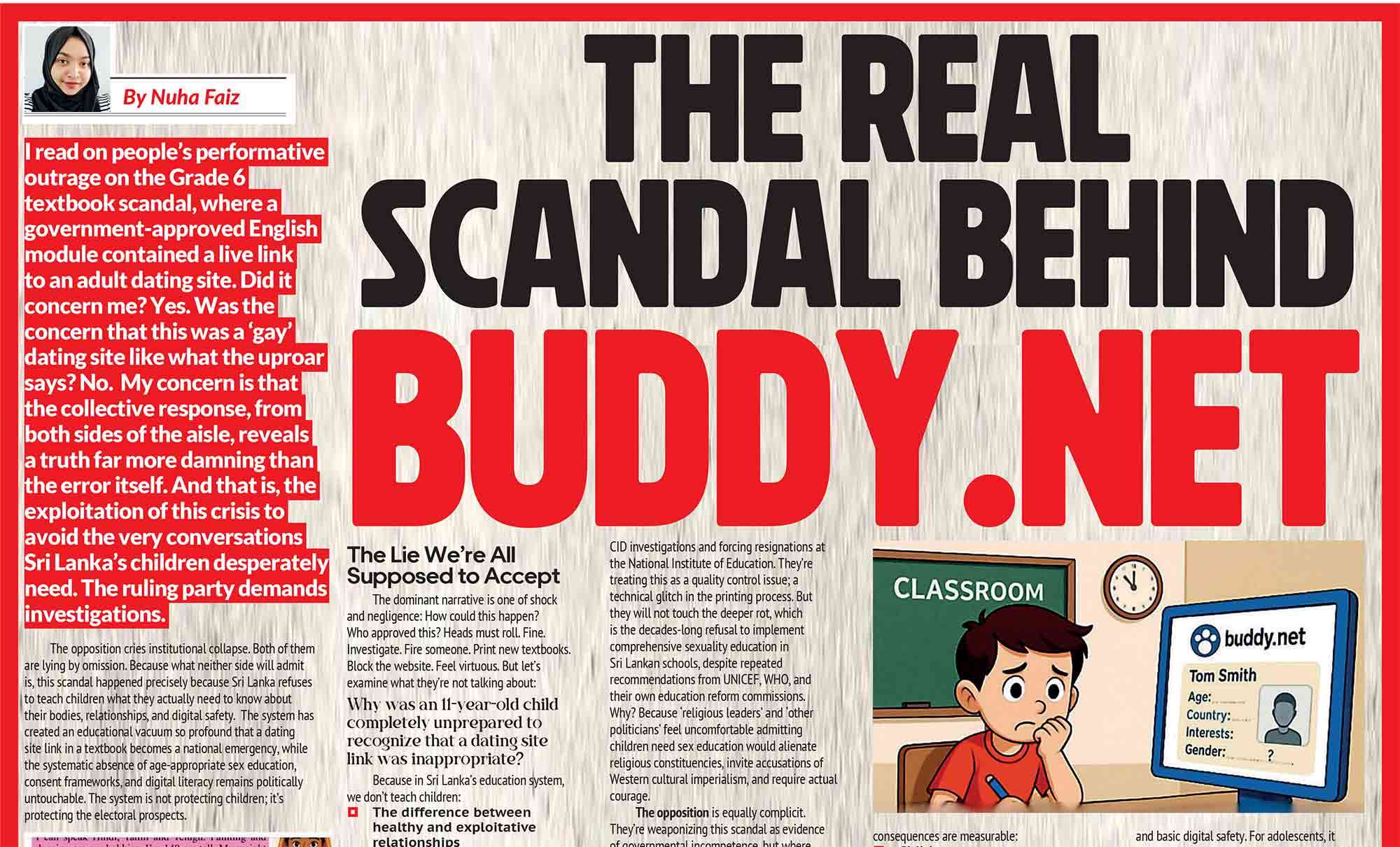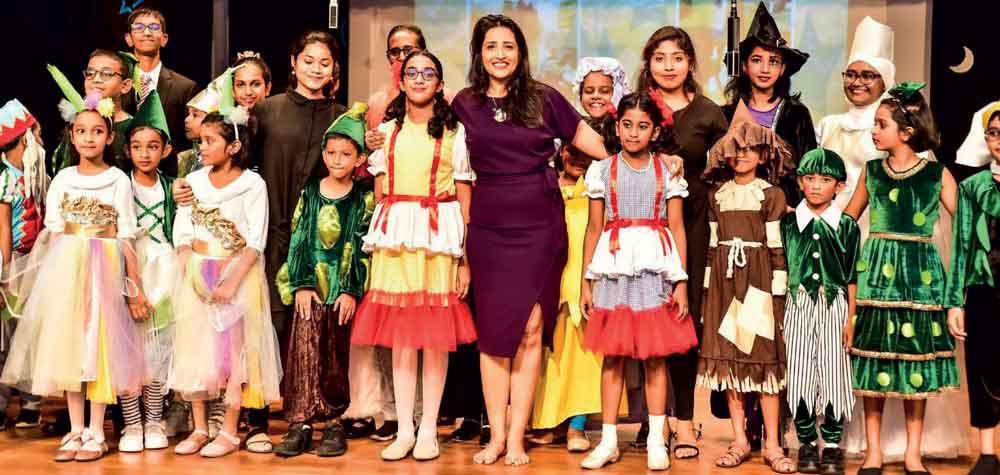
 For over two decades, Jumana Lukmanjee has stood at the crossroads of education and the performing arts, shaping generations of learners through the expressive power of theatre. An accomplished educationalist, dramaturgist, and literature enthusiast, she has dedicated her career to proving that storytelling is not merely performance, it is transformation. As a Licentiate in Speech and Drama and a gold medallist in drama teaching, Jumana has inspired countless students to find their voices, both on stage and in life.
For over two decades, Jumana Lukmanjee has stood at the crossroads of education and the performing arts, shaping generations of learners through the expressive power of theatre. An accomplished educationalist, dramaturgist, and literature enthusiast, she has dedicated her career to proving that storytelling is not merely performance, it is transformation. As a Licentiate in Speech and Drama and a gold medallist in drama teaching, Jumana has inspired countless students to find their voices, both on stage and in life.
Through her visionary institution, Dramatica Ltd, she continues to redefine the boundaries of creative education in Sri Lanka, blending structured pedagogy with imaginative exploration. Now aspiring toward doctoral research in drama therapy, Jumana’s journey reflects a lifelong pursuit of understanding how performance can heal, empower, and educate. In this conversation, she opens up about her two-decade journey in education, the founding philosophy behind Dramatica Ltd, and how theatre continues to shape young minds, build confidence, and inspire change.
Q You’ve spent over two decades in education. How has your journey as an educator shaped your approach to theatre and drama today?
My two decades in education have been an unfolding performance, each chapter revealing how profoundly teaching and theatre mirror one another. Working across age groups and cultural contexts has taught me that drama is not merely a subject but a language of empathy and discovery. It has refined my approach to theatre as both pedagogy and practice, a stage where learning breathes, where emotion becomes comprehension, and where every voice, however tentative, deserves an audience.
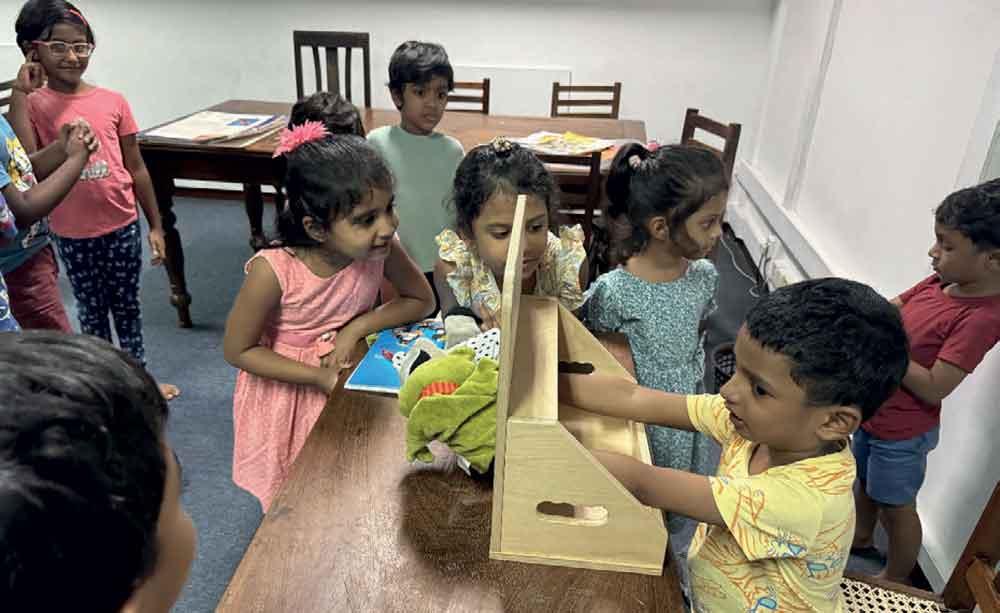
Q What inspired you to establish Dramatica Ltd, and how does it reflect your philosophy of merging education with performance?
Dramatica Ltd was born out of a dream to bridge the structured discipline of education with the boundless imagination of performance. I wanted to create a space where learners could explore identity, communication, and creativity without the fear of failure. The school reflects my belief that theatre is not confined to scripts or stages; it is an evolving dialogue between intellect and emotion. Every production, lesson, and workshop at Dramatica is designed to educate the mind while liberating the spirit.
Q You’ve spoken about storytelling as a tool for learning and transformation. Can you share a moment where theatre truly changed a student’s perspective?
I recall a shy young student who once trembled at the thought of speaking aloud. Through process drama, she stepped into the role of a fearless queen, a part that demanded authority, voice, and poise. The transformation was astounding; she began to own not only her character but her confidence. That single performance became her turning point. It reminded me that storytelling is not about pretending to be someone else, but about discovering who you already are in the light of imagination.
Q As a Gold Medallist in drama teaching, what do you believe sets effective drama education apart from traditional classroom learning?
Traditional classrooms often focus on the correctness of answers; drama education celebrates the courage to ask questions. Effective drama teaching transforms learning from passive reception to active creation. It cultivates emotional intelligence, collaboration, and critical thinking through embodied experience. The learner does not simply learn about something; they become part of it. That, I believe, is the alchemy that distinguishes drama from instruction: it teaches through transformation, not transmission.
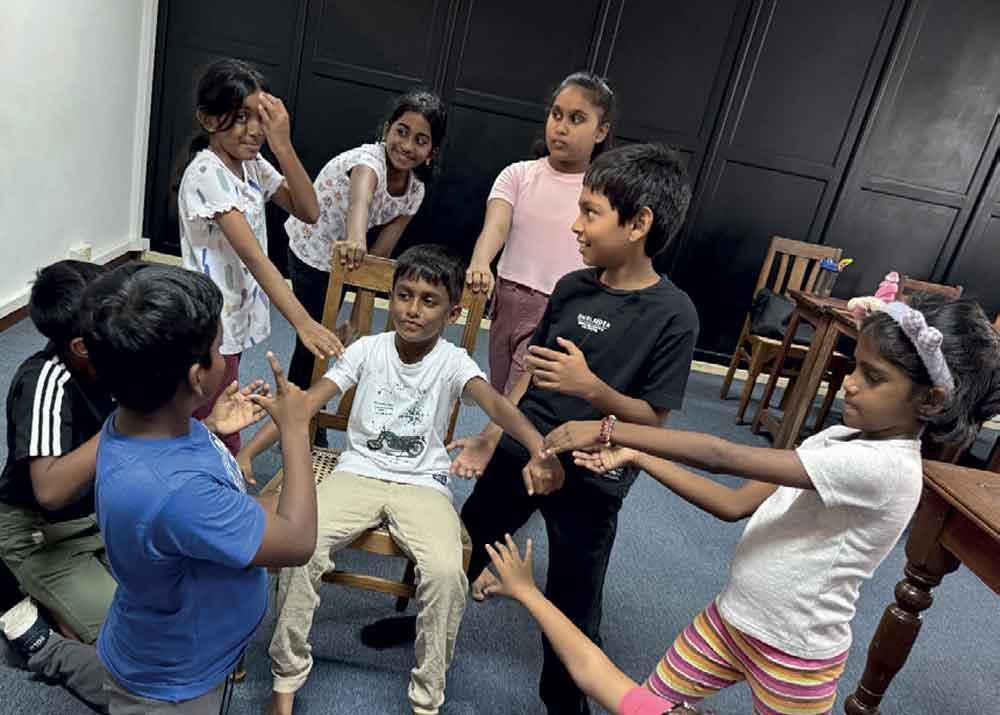
Q Dramatica Ltd has built a strong reputation in drama and speech education. Could you tell us about the range of programmes you offer and what makes them unique?
At Dramatica Ltd, our programmes span from early childhood creative expression to advanced performance and communication mastery. We offer Speech and Drama, Public Speaking, Spoken and Written English, Theatre Production, and Teaching Diplomas, each aligned with the rigorous standards of distinguished UK and national examination boards. Every class unfolds around a thoughtfully curated theme, supported by authentic, purpose-built resources that immerse learners in meaningful creative experiences. Through process drama, a dynamic form of applied theatre, students develop not only linguistic and performative skills but also empathy, confidence, social awareness, and emotional intelligence. What sets Dramatica apart is this seamless fusion of artistry and authenticity, where theatre becomes both a celebration of creativity and a profound education in life.
Q What age groups or learner profiles do your courses cater to, and how do you adapt your teaching to suit different stages of development?
Our courses cater to learners as young as four and extend to adults seeking expressive or professional refinement; moreover, we offer teaching diplomas and licentiate graduate diplomas too. For the youngest, learning is sensory and imaginative; we build confidence through play, storytelling, and process theatrics. For older students, the focus shifts to articulation, interpretation, and performance analysis. Each stage demands its own rhythm and depth, and I tailor my methodology accordingly. Whether through puppetry, monologue, or movement, every learner finds a space that speaks to their developmental journey.
Q Many parents today are focused on academic results. How do you convince them that drama and speech education can play an equally vital role in a child’s growth?
I often tell parents that drama is not an extra but an essential. It equips children with the very skills that underpin academic success, communication, critical thinking, and emotional regulation. A child who can express an idea, listen empathetically, and collaborate meaningfully will thrive in any field. Theatre cultivates resilience and imagination, the unseen scaffolding behind confidence and intellect. When nurtured early, these qualities illuminate not just the stage, but the entire journey of learning.
Q Could you share a success story from a student whose transformation through Dramatica truly stood out to you?
One of my most unforgettable students came to Dramatica with a stammer that silenced him in class. Over time, drama became his language of liberation. Through breath work, rhythm, and improvisation, he found fluency not by suppressing his voice but by embracing it. Years later, he stood on stage, reciting a Shakespearean soliloquy to a standing ovation. His triumph was not in perfection but in courage, and in that moment, he embodied everything Dramatica stands for.
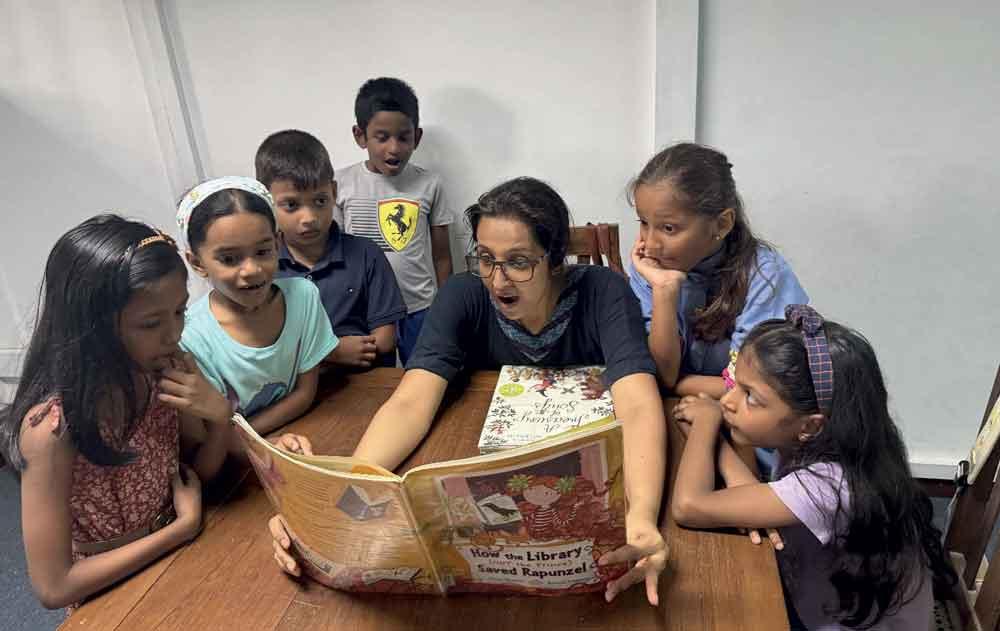
Q Looking ahead, how do you envision expanding Dramatica’s impact, perhaps through new initiatives, collaborations, or community outreach in drama and education?
The future of Dramatica lies in deeper inclusivity and innovation. I envision expanding into community theatre and outreach programmes that bring creative literacy to under-represented groups. Collaborations with schools and international institutions will further bridge cultural narratives through drama. I also aim to integrate digital storytelling and drama therapy practices, merging technology with theatre to address emotional well-being. Our next act is one of expansion, not in size alone, but in social and creative impact.
Q Finally, as someone who thrives at the intersection of art and academia, what legacy do you hope Dramatica Ltd, and your upcoming PhD research will leave behind?
I hope my legacy, both through Dramatica Ltd and my forthcoming PhD in Drama Therapy, will affirm that art is not ornamental, it is essential. In the Sri Lankan context, where communication often bridges cultures, languages, and traditions, I aspire to redefine theatre as both an educational and therapeutic force that nurtures expressive confidence and emotional literacy. My vision is to cultivate generations who not only speak with clarity but communicate with empathy, authenticity, and understanding. If Dramatica can continue to give voice to the unheard and transform classrooms into creative sanctuaries where communication becomes connection, then the curtain may fall, but the story will live on in every learner we’ve inspired.




